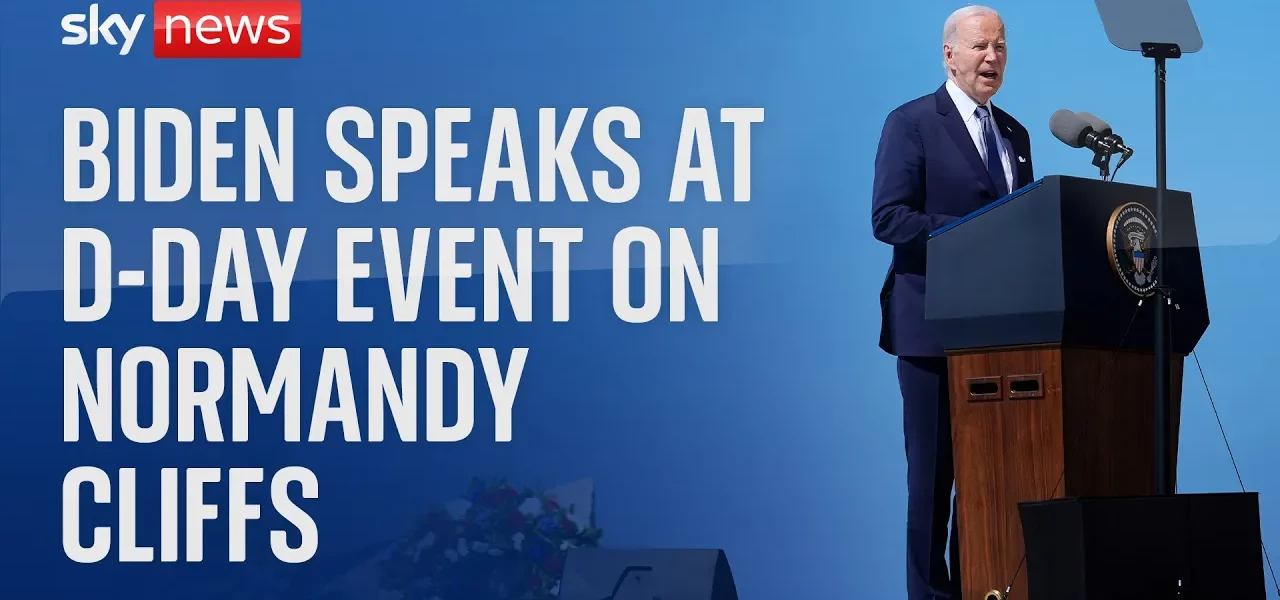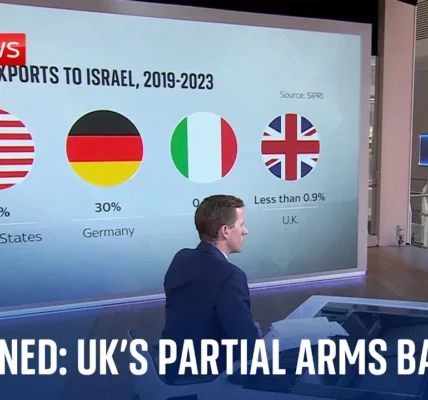President Joe Biden’s D-Day Speech at Point du Hoc

In a powerful address, President Joe Biden commemorates the incredible bravery of American Rangers during the D-Day invasion at Point du Hoc, emphasizing the values of sacrifice, democracy, and the enduring legacy of those who fought for freedom. This article explores the key themes and highlights from his speech, offering insights into the historical significance of this moment.
Introduction
On June 6, 1944, one of the most pivotal moments in World War II unfolded as American forces stormed the beaches of Normandy. Among these courageous soldiers were the American Rangers who faced insurmountable odds at Point du Hoc. President Joe Biden’s recent speech at this historic site not only pays homage to their bravery but also serves as a reminder of the sacrifices made for democracy and freedom. In this article, we delve into the key points of his address, the historical context, and the enduring legacy of those who fought for these ideals.
The Historical Context of D-Day
The Normandy landings, known as D-Day, marked a significant turning point in World War II. Over 156,000 Allied troops landed on the beaches of Normandy, facing fierce resistance from German forces. Among these troops, the American Rangers were tasked with scaling the cliffs at Point du Hoc to neutralize artillery that threatened the success of the invasion. This operation required immense bravery and determination, characteristics that President Biden highlighted in his speech.
Key Themes from Biden’s Speech
Bravery and Sacrifice
President Biden opened his speech by paying tribute to the courage of the Rangers who stormed the beaches. He recounted the harrowing experiences of soldiers like Sergeant Leonard Lomo and Colonel James Rudder, emphasizing their willingness to risk everything for their comrades and their country. The President stated:
- “They ran toward the cliffs, despite the gunfire and explosions.”
- “They clawed their way up the cliffs, inch by inch.”
The Spirit of American Democracy
Biden drew parallels between the sacrifices made during D-Day and the ongoing fight for democracy today. He articulated that American democracy requires individuals to put the needs of the country and their fellow citizens before their own interests. He stated:
- “Democracy begins with each of us.”
- “It requires us to be part of something bigger than ourselves.”
This call to action resonates deeply in today’s political climate, reminding Americans of the importance of civic engagement and collective responsibility.
Lesson from History
Throughout his address, Biden reflected on the lessons learned from the courage of the Rangers. He implored the audience to remember their legacy, emphasizing that:
- “History shows that ordinary Americans can do extraordinary things when challenged.”
- “We must be the keepers of their mission.”
These reflections serve as a reminder that the values of bravery and sacrifice are timeless and essential to the fabric of American society.
The Echoes of Their Voices
In a poignant moment, President Biden called upon the audience to listen to the echoes of those who fought at Point du Hoc. He urged Americans to honor their memory not just through remembrance but through action. He stated:
- “They are summoning us now.”
- “They ask us what will we do.”
This powerful reminder emphasizes the need for continuous vigilance in protecting freedom and democracy, both at home and abroad.
Conclusion
President Joe Biden’s speech at Point du Hoc serves as a profound reminder of the sacrifices made by American Rangers during D-Day and the ongoing responsibility of all Americans to uphold the ideals of democracy and freedom. By reflecting on the bravery of those who came before us, we are reminded of the importance of service, sacrifice, and the collective pursuit of a better future. As we honor these heroes, let us commit to protecting the values they fought for, ensuring that their legacy lives on in our actions and our dedication to democracy.
To learn more about the significance of D-Day and its impact on modern democracy, check out our related articles on American History and Democratic Values Today.
“`




